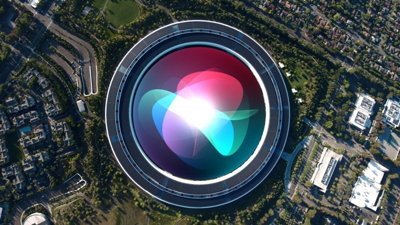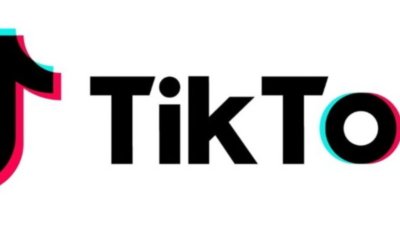Apple taps trio of suppliers to provide GaAs silicon alternative for iPhone 5
Avago, TriQuint and Skyworks have all been tapped to supply gallium arsenide, or GaAs, components that will be found in Apple's next iPhone, industry sources reportedly told DigiTimes. The total material costs of GaAs components per iPhone is estimated to reach about $6.
GaAs, a compound of gallium and arsenic, is a semiconductive material used in the manufacturing of electronic devices. It has certain properties that make it superior to silicon, and is frequently found in integrated circuits, infrared light-emitting diodes, and more.
Apple has already partnered with TriQuint and Skyworks for GaAs power amplifiers on already-available devices. But the launch of the fifth-generation iPhone will mark the first time that the company has aligned with Avago for the GaAs components in its mobile devices.
The launch of the new iPhone will occur in the third quarter of calendar 2011, Wednesday's report said. That means the device could be unveiled anytime between now and the end of September.
News of suppliers for the anticipated fifth-generation iPhone has continued to pick up in recent weeks as Apple moves toward an expected launch. Earlier this month, it was said that Apple had placed orders for 15 million iPhones from manufacturer Pegatron.
Various reports have suggested that Apple will launch its new iPhone in September, and that the device will be a moderate upgrade from the current iPhone 4. The new model is expected to have an improved 8-megapixel camera, and will sport the same custom A5 processor found in the iPad 2.
A recent report from The Wall Street Journal claimed that the next iPhone will also be thinner and lighter than the current iPhone 4. It was said that Apple plans to build 25 million units of the next-generation device through the end of 2011.
 Katie Marsal
Katie Marsal











 Malcolm Owen
Malcolm Owen
 Amber Neely
Amber Neely
 William Gallagher
William Gallagher
 Marko Zivkovic
Marko Zivkovic

 Andrew Orr
Andrew Orr








